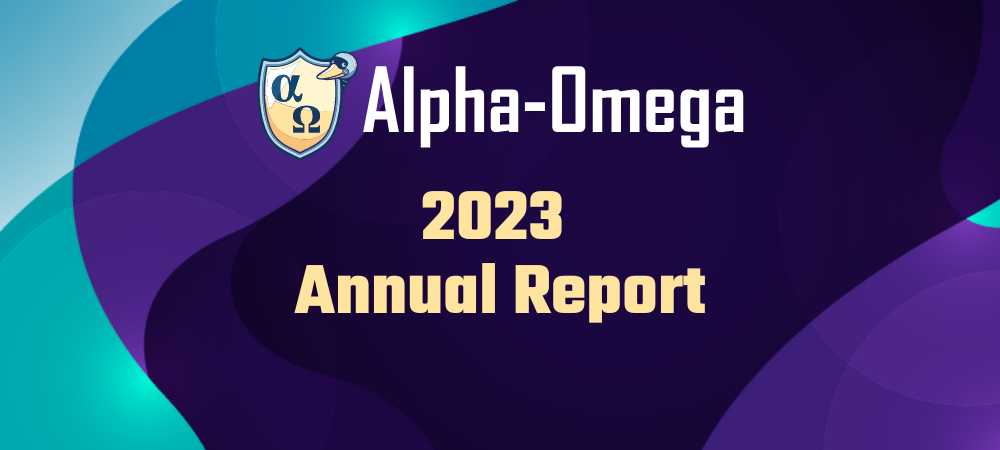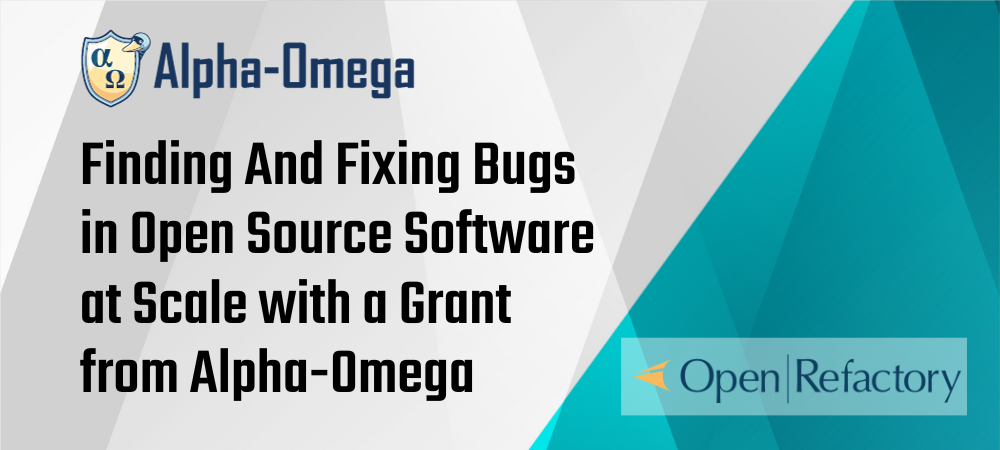An associated project of the Open Source Security Foundation.
ASSOCIATED PROJECT
Alpha-Omega
Protecting society by catalyzing sustainable security improvements to the most critical open source software projects and ecosystems.
Partners with open source software project maintainers to systematically find new, as-yet-undiscovered vulnerabilities in open source code – and get them fixed – to improve global software supply chain security.


